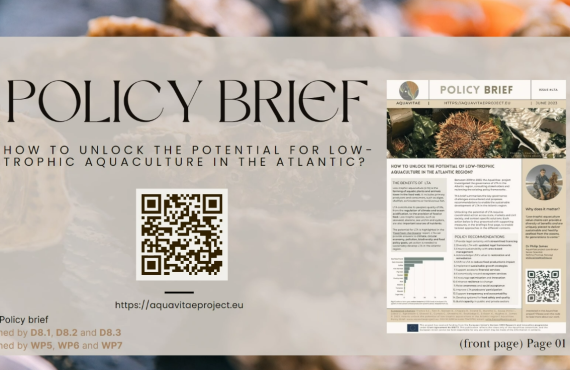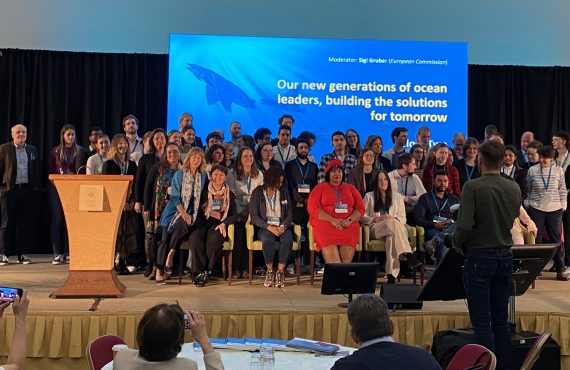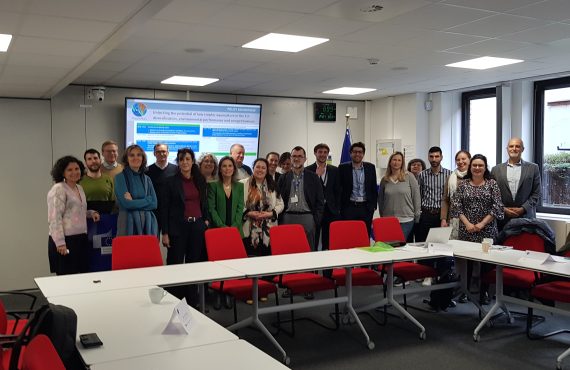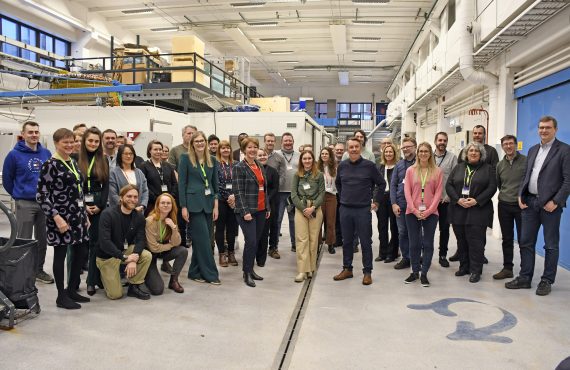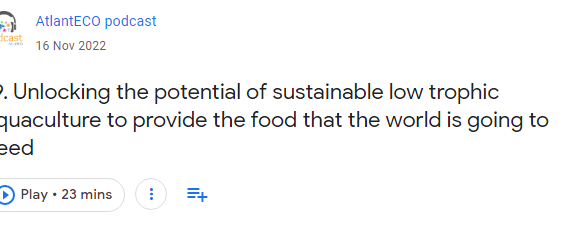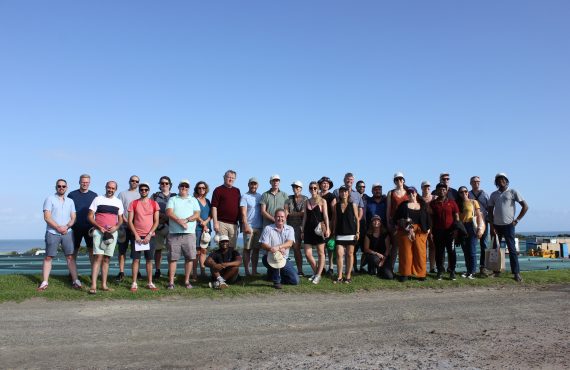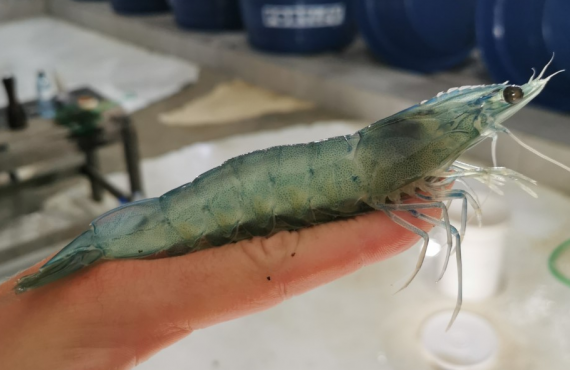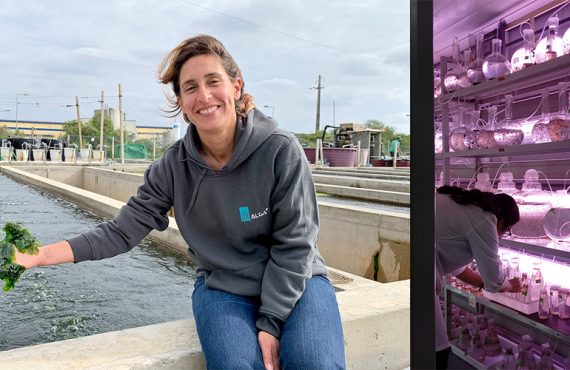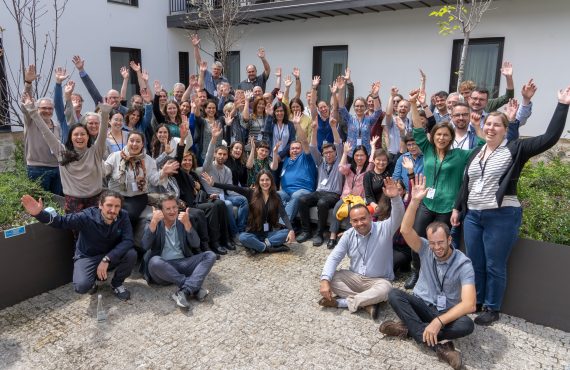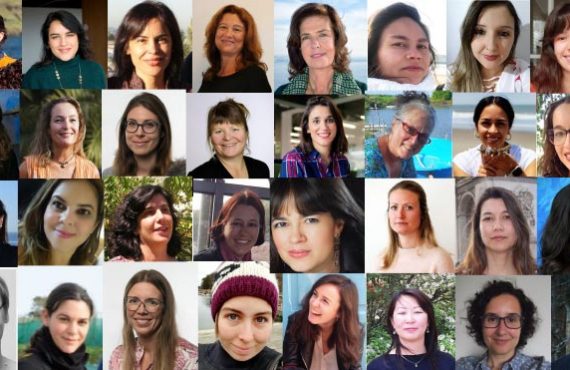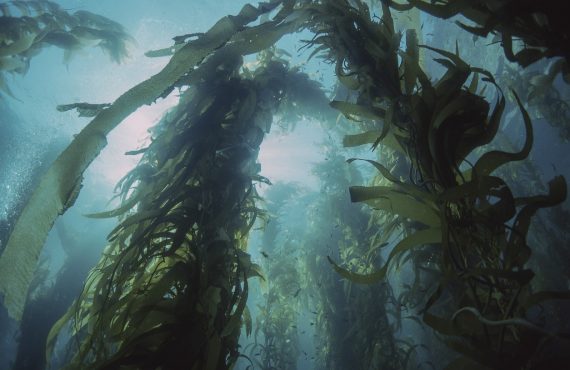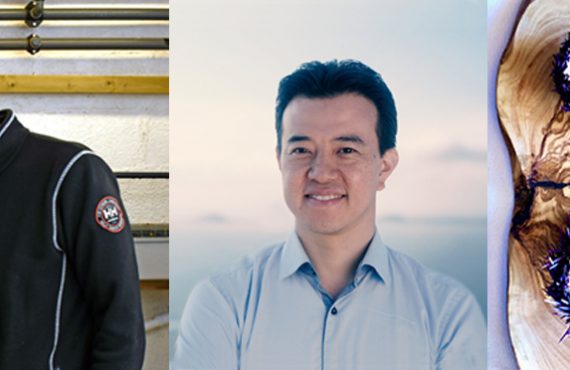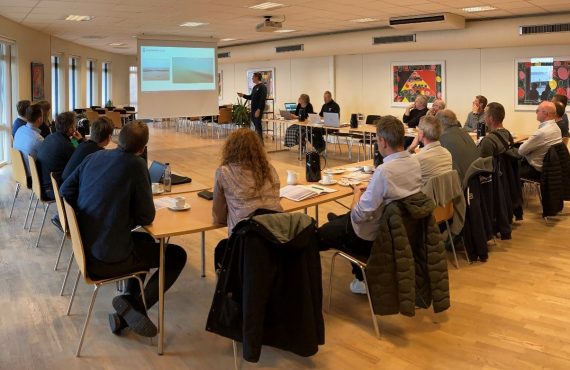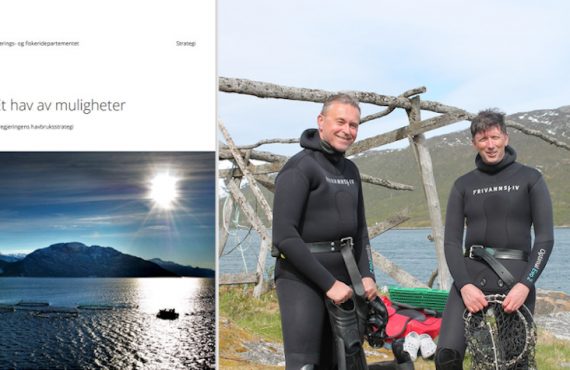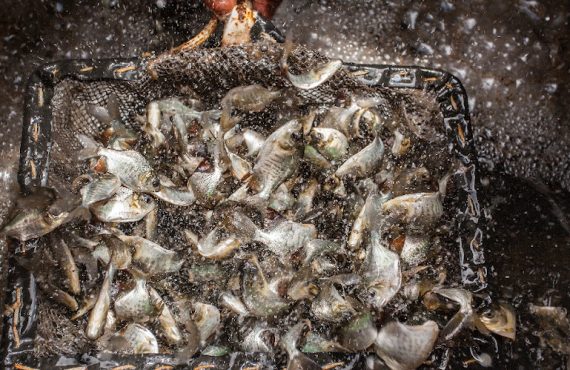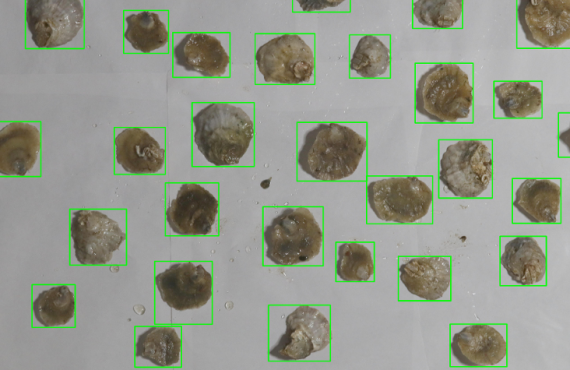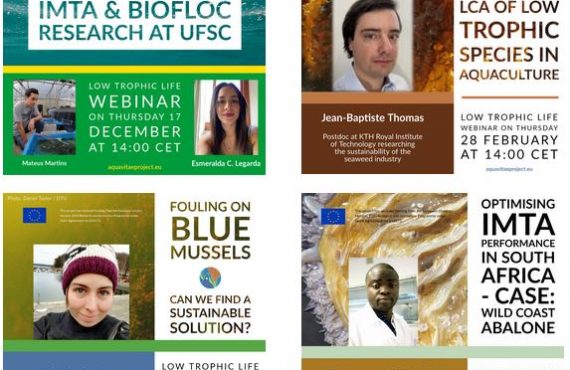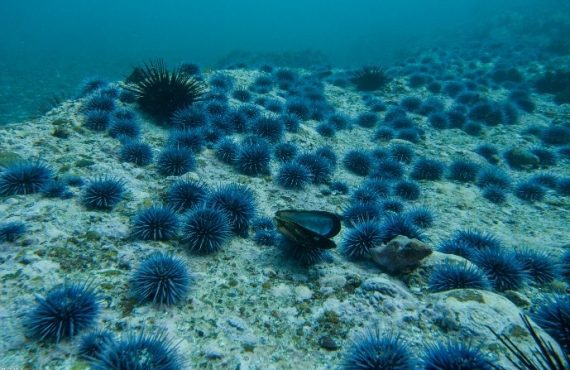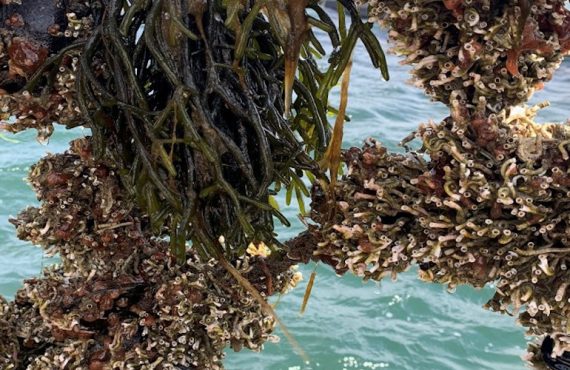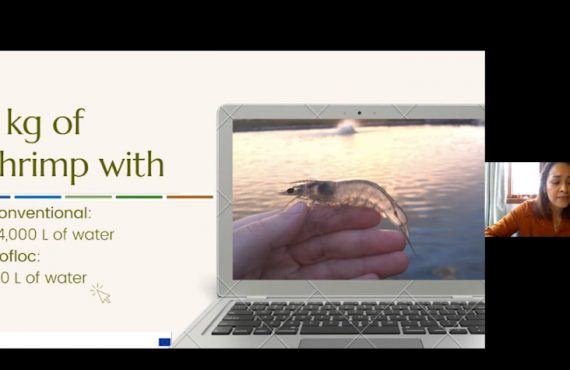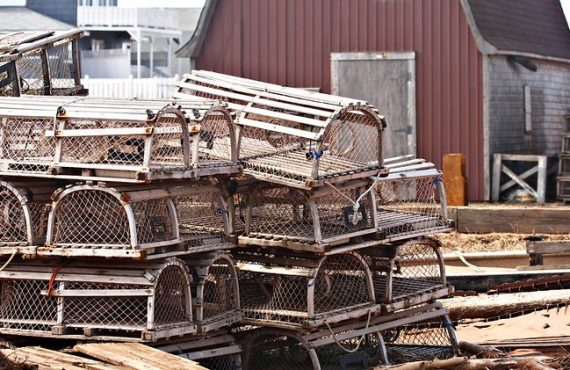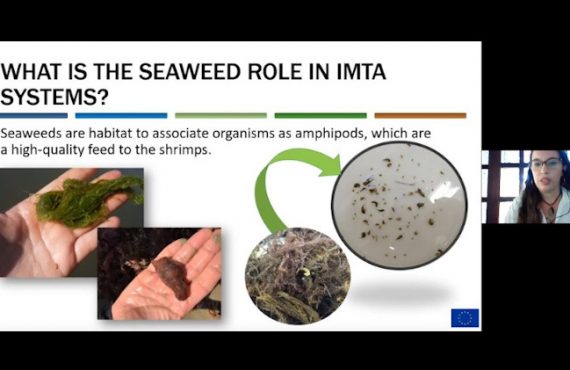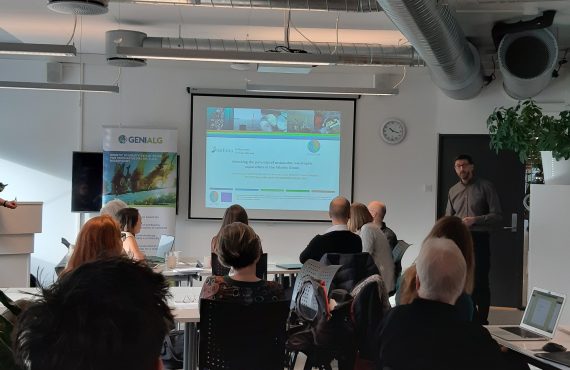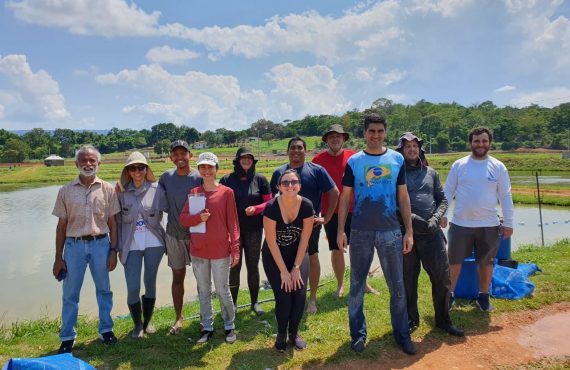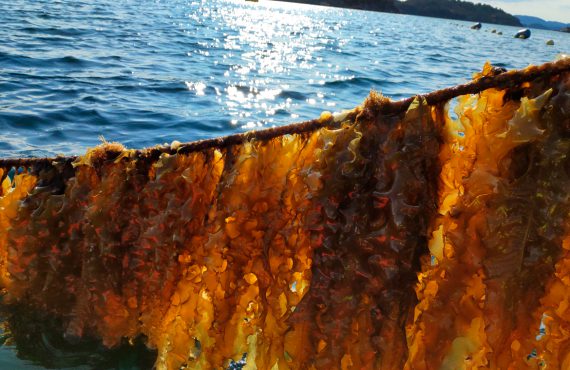From left to right up and down: seaweed, abalone, shrimp, blue mussels, oyster, sea cucumber, pirarucu and sea urchin.
The AquaVitae consortium will meet in person in Porto, Portugal, where 70 project participants will join the third annual meeting of the Horizon 2020 project, in the first face-to-face annual meeting since the Covid-19 pandemic began.
The AquaVitae project will hold its third annual meeting, in Porto, Portugal on the 26th April where the majority of the AquaVitae partners and key stakeholders will gather to present advances in key flagship research results. The AquaVitae project aims to develop sustainable solutions for low trophic aquaculture across the Atlantic Ocean. Key exploitable outputs from the project are innovations through the value chains of low trophic species in marine and freshwater environments across the Atlantic region.
Partners from Europe, America (North and South) and South Africa, are represented in this Horizon 2020 project. At the annual meeting, which will be held from April 26th to 28th, Aquavitae researchers, industry partners and stakeholders will present and discuss results from their Atlantic wide collaboration.
The researchers involved in AquaVitae are working to develop new robust and replicable solutions for low-trophic aquaculture production, which has resulted in more than 130 key exploitable results, which are a direct result of the collaboration between industry, researchers and governmental agencies in the 13 case studies of the project across five value chains (Value chains including: macroalgae, echinoderms, shellfish, low trophic finfish and shrimp). The research activities in the AquaVitae project aim to optimisize systems and aquaculture processes for low-trophic value chains in order to increase sustainability and foster the blue economy throughout the Atlantic region.
The project supports and contributes to the implementation of the Belém and Galway Statements to enable international research collaboration across the Atlantic Ocean. Low trophic aquaculture faces similar challenges across the Atlantic Ocean where the AquaVitae project aims at finding solutions in different specific case studies based in partner countries through collaboration between research centres, universities and companies from the AquaVitae consortium across the Atlantic.
Research activities in the AquaVitae aim to optimising systems and aquaculture procedures for low-trophic value chains in order to increase sustainability and foster the blue economy throughout the Atlantic.
Streaming from Porto:
“Young in aquaculture” on Tuesday 26th at 12:30 CET, subscribe here.




